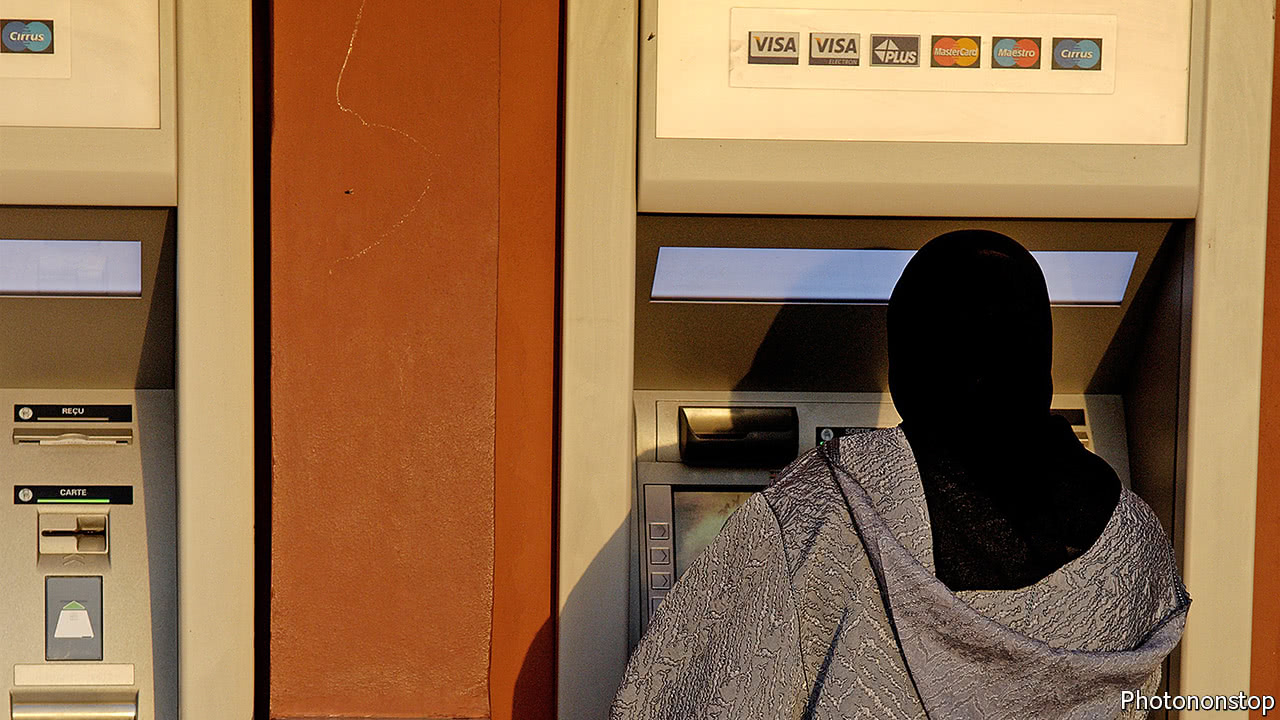
IN 2008 Ethiopia’s conservative central bank experimented: it authorised interest-free banking. Interest is prohibited under sharia law, so the move was lauded as a step towards expanding financial services for the country’s large and often poor Muslim minority. But momentum soon stalled. An attempt to launch a fully-fledged Islamic bank foundered. Today most of Ethiopia’s big commercial banks offer a narrow range of Islamic financial products, but to few customers. Islamic finance in Ethiopia was stillborn.
Outside Africa, Islamic finance is in much healthier condition. Between 2007 and 2014, the sector tripled in size (although growth has slowed lately). Total assets are around $1.9trn. Sub-Saharan Africa accounts for less than 2% of this, yet it should be especially fertile territory. The continent’s Muslim population is 250m and growing. And according to the World Bank, as many as 350m Africans do not have a bank account.
-
Rugby union’s rules and regulations let the sport down
-
The Big Mac index
-
The joy of hypotheticals
-
Wimbledon’s rapid grass courts have been less speedy this year
-
Donald Trump’s effect on tourism has not been as bad as feared
-
Retail sales, producer prices, wages and exchange rates
Several countries are vying to become African hubs for Islamic finance. Kenya, with a much smaller Muslim population than Ethiopia, has three Islamic banks, as well as an Islamic insurance company. A further five conventional banks offer sharia-compliant products through dedicated Islamic “windows”. In December Kenya joined the Islamic Financial Services Board, a Malaysia-based regulatory body.
It is also hopes to issue a sovereign sukuk, Islam’s answer to bonds, this year or next. This will raise funds for infrastructure (sharia requires sukuks to be linked to ownership of a physical asset), and help foster an Islamic capital market. Nigeria, which has one Islamic bank, plans to do the same. Senegal issued its first (oversubscribed) sukuk in 2014, raising $208m. The same year South Africa raised $500m in Africa’s first international Islamic bond issue. Total issuance in Africa in 2016 was $1.3bn, comprising issues from Senegal, Côte d’Ivoire and Togo.
Sovereign sukuks are one thing, a sharia-compliant industry serving the private sector quite another. In north Africa, where Muslims make up as much as 96% of the population, Islamic finance has long been held back by a fear that it means introducing sharia law though the back door.
South of the Sahara the problems are more structural, says Thorsten Beck of City University in London. Islamic banks are mostly small; in Kenya they commanded less than 2% of the market in 2015. Though business lending in Africa suffers from punishingly high interest rates, giving Islamic lenders an apparent advantage, they face the same fundamental difficulties as conventional peers. “Many projects are simply not bankable,” Mr Beck notes, so few assets can easily be used as collateral. Moreover, Islamic banks’ sources of funds are mainly short-term, making it hard for them to offer long-term financing.
Islamic contracts are complex, requiring especially strong oversight. Regulators don’t yet know how to deal with the sector, says Khaled Al-Aboodi of the Islamic Development Bank. Despite issuing two sukuks Senegal has yet to introduce any specific regulations for Islamic finance. Onyango Obiero of Dubai Islamic Bank’s new branch in Kenya complains that Islamic transactions still face double taxation, since they often involve the purchase and resale of an asset, taxed each time. That makes it hard to compete.
The industry’s champions argue that there is pent-up demand among the continent’s Muslim population. Evidence suggests that some African Muslims shy away from conventional finance for religious reasons. A World Bank study found that an African Muslim is less likely to have an account or save than a non-Muslim.
It is less clear, however, that Islamic finance is the answer. “Islamic banks don’t tend to be geared towards the poor,” notes Rodney Wilson of Durham University. And the very poorest, however pious, are unlikely to pay a premium for peace of mind. Technological innovations, such as mobile money, will probably do much more to reach them. Saif Malik of Standard Chartered, a bank, notes that in Malaysia, Islamic banks are competitive enough to appeal widely to non-Muslims as well. Islamic finance is, after all, still finance: it thrives when the price is right.
Source: economist
Africa is Islamic banking’s new frontier